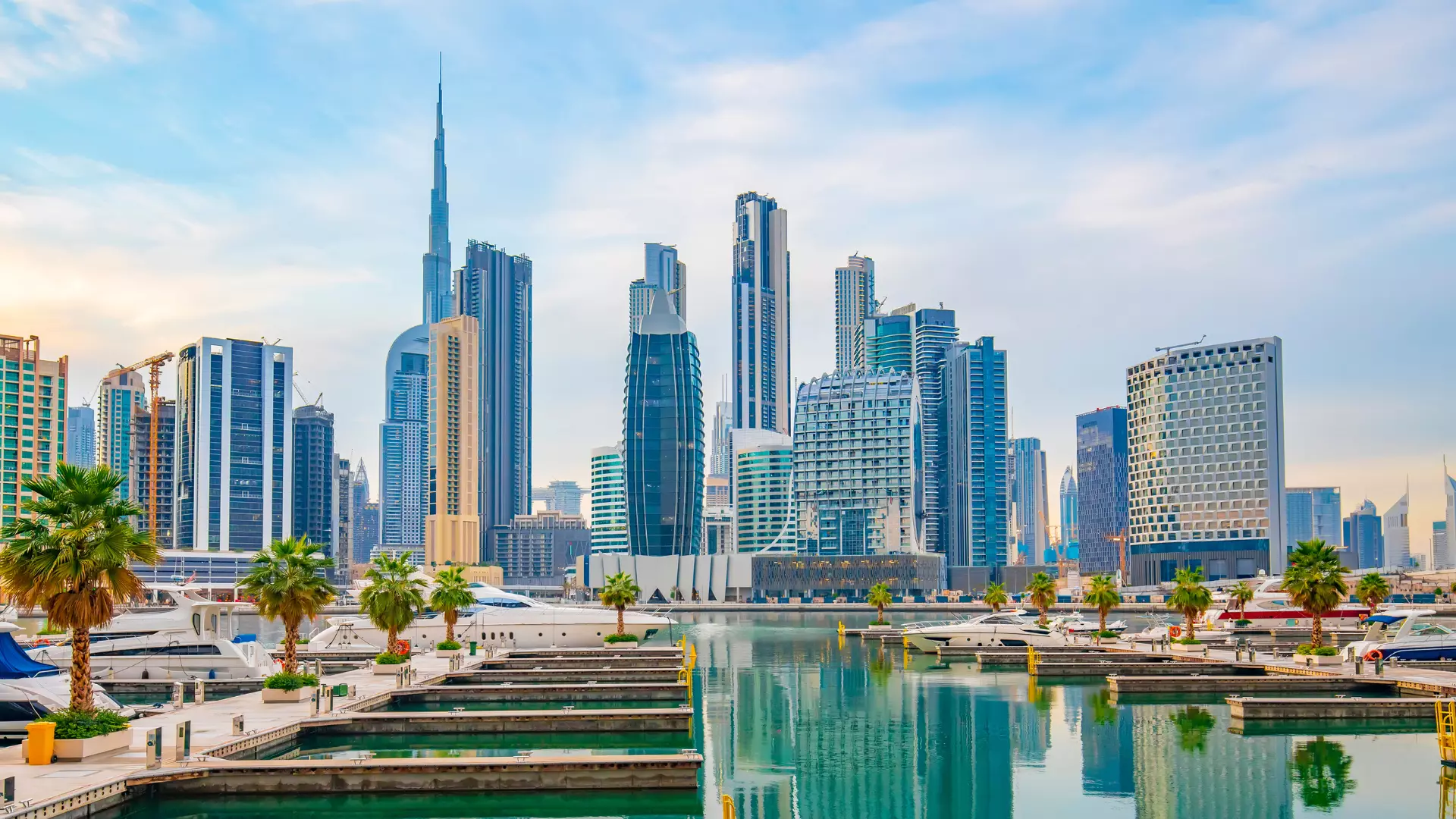Here’s an article designed to meet your specifications:
(154 characters)
Regional Cooperation Driving Global Prosperity
Key Takeaways:
- Economic cooperation fosters stronger trade relationships and investment flows between participating regions.
- Shared infrastructure projects, like transportation networks and energy grids, stimulate economic activity and connect markets.
- Harmonizing policies reduces trade barriers and promotes a more predictable and stable business environment.
- Successful regional partnerships serve as building blocks for broader global prosperity and stability.
The world economy is an intricate web, with different regions contributing unique strengths and facing distinct challenges. While globalization has undoubtedly connected markets, the power of regional alliances in driving economic growth and stability cannot be overstated. When neighboring countries and regions actively engage in economic cooperation, they create a synergistic effect that benefits not just themselves, but the entire global landscape. This collaborative approach involves more than just trade; it encompasses shared infrastructure development, policy coordination, and the fostering of mutual understanding. The European Union, ASEAN, and other regional blocs demonstrate that collective action can lead to greater economic resilience and improved living standards. Let’s delve into the specifics of how regional partnerships contribute to overall global prosperity.
Strengthening Trade Through Economic Cooperation
One of the most direct ways that regional cooperation boosts global prosperity is through the facilitation of trade. When countries within a region lower tariffs, reduce non-tariff barriers, and streamline customs procedures, trade volumes naturally increase. This leads to greater specialization, as each country can focus on producing goods and services where it has a comparative advantage. This can also give access to a larger customer base for many businesses, and boost local economy. For example, the North American Free Trade Agreement (NAFTA), now succeeded by the United States-Mexico-Canada Agreement (USMCA), significantly increased trade flows within North America. Similarly, the gb, as part of its efforts to foster trade, has sought to establish closer economic ties with countries in the Commonwealth and beyond. These agreements don’t just benefit the participating countries; they also create opportunities for businesses from other regions to access larger markets and participate in global value chains. Increased trade translates to higher economic growth, job creation, and improved living standards for all involved.
Investing in Shared Infrastructure for Regional Growth
Economic cooperation extends beyond trade agreements to include joint investment in infrastructure projects. Building cross-border transportation networks, such as highways, railways, and pipelines, can significantly reduce transportation costs and improve connectivity between regions. Investing in shared energy grids can ensure a more stable and reliable supply of electricity, powering economic activity in multiple countries. These infrastructure projects often require significant capital investment and technical expertise, making regional cooperation essential for their successful completion. The Belt and Road Initiative, for example, aims to connect countries across Asia, Africa, and Europe through a network of infrastructure projects, fostering economic growth and integration along the way. By pooling resources and sharing knowledge, regions can overcome infrastructure deficits and create a more conducive environment for businesses to thrive.
Harmonizing Policies to Reduce Barriers to Investment
Another crucial aspect of economic cooperation is the harmonization of policies. When countries in a region align their regulations, standards, and legal frameworks, it becomes easier for businesses to operate across borders. This reduces the cost of compliance, encourages foreign direct investment, and promotes a more predictable and stable business environment. For example, the European Union has harmonized a wide range of policies, from product standards to environmental regulations, creating a single market where goods, services, capital, and people can move freely. This policy harmonization not only benefits businesses operating within the EU, but also makes the region more attractive to investors from around the world. By reducing regulatory barriers and creating a level playing field, regional cooperation can unlock significant economic potential and drive sustainable growth.
Building Blocks for Global Stability and Shared Prosperity
Ultimately, successful regional partnerships serve as building blocks for broader global prosperity and stability. When countries in a region work together to address shared challenges, such as climate change, pandemics, and economic crises, they strengthen the global system as a whole. Regional organizations can also play a vital role in promoting peace and security, resolving conflicts, and fostering good governance. By demonstrating the benefits of cooperation, regional blocs can inspire other countries to adopt a more collaborative approach to global challenges. The ASEAN, for example, has played a key role in promoting regional stability and economic integration in Southeast Asia. Through its various initiatives, ASEAN has helped to foster a sense of community and shared purpose among its member states, contributing to a more peaceful and prosperous region. This regional success provides a model for other parts of the world, demonstrating that cooperation is the key to unlocking global prosperity.














